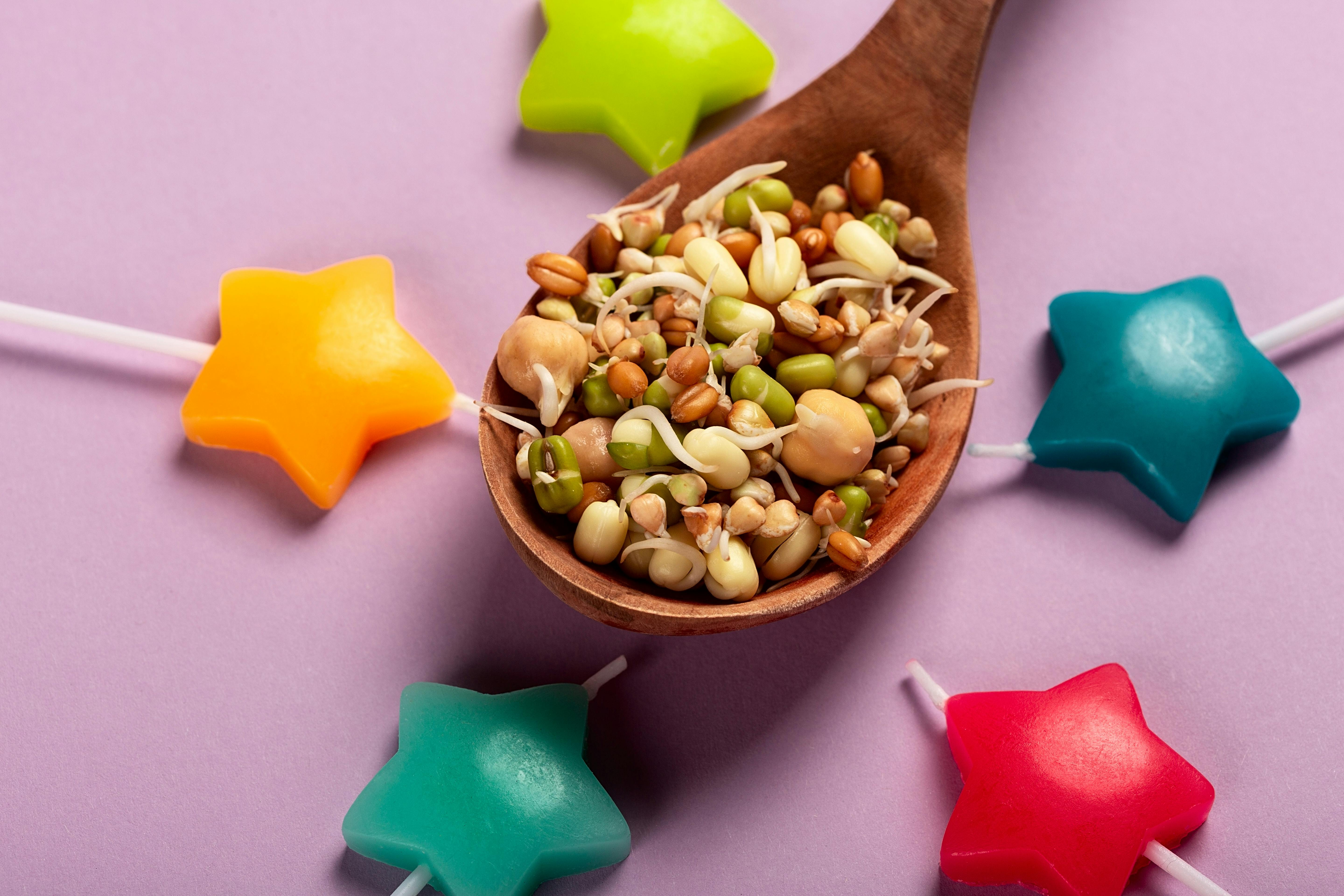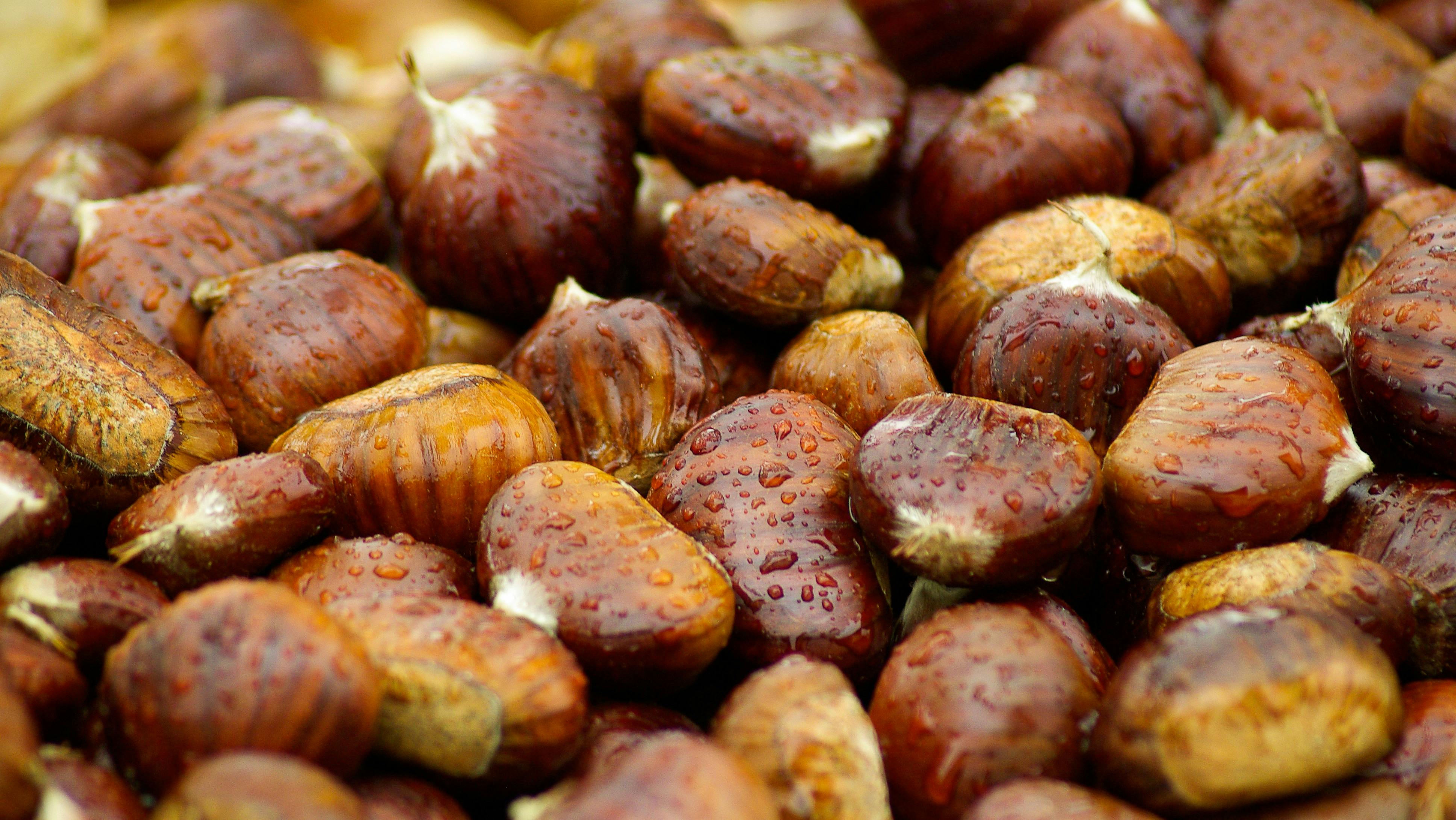Best Plant-Based Foods for a Heart-Healthy Cholesterol Diet
49. Sprouted Grains: The Nutrient Bioavailability Boost

Sprouted grains, like sprouted wheat or barley, take the benefits of whole grains to the next level. The sprouting process breaks down phytic acid, a compound that can hinder the absorption of nutrients. This makes the fiber, vitamins, and minerals in the grain more bioavailable—meaning your body can use them more effectively. The soluble fiber in sprouted grains helps to lower cholesterol, while their enhanced nutrient profile supports overall cardiovascular function. Incorporate sprouted grain bread or flour into your diet for a superior form of nutrition that's gentler on your digestive system.
50. Water Chestnuts: The Resistant Starch Root

Water chestnuts are a crunchy, versatile vegetable often used in Asian cuisine. Their secret weapon is a high concentration of resistant starch, a unique type of carbohydrate that isn't fully digested in the small intestine. Instead, it travels to the large intestine where it acts like a soluble fiber, binding to cholesterol and helping to flush it from the body. This process also nourishes beneficial gut bacteria, which play a crucial role in overall metabolic health. Sliced or diced, water chestnuts add a satisfying crunch to stir-fries, salads, and wraps while actively helping to lower your cholesterol.
